H. Delano Roosevelt Appointed New President and CEO as Organization Founder Dr. John Duke Anthony Becomes Strategic Advisor
Washington, D.C., U.S.A.: As it marks its 40th anniversary, the Board of Directors of the National Council on U.S.-Arab Relations (“National Council” or “Council”), an American non-profit, non-governmental, educational organization, is proud to announce that Mr. H. Delano Roosevelt has been appointed the National Council’s second President and Chief Executive Officer, effective October 1, 2023. Founding President and Chief Executive Officer Dr. John Duke Anthony will retire on September 30, 2023. He will remain with the Council as a Strategic Advisor to the new President and CEO.
Mr. Roosevelt remarked: “It is with great pleasure and humility that I accept the position of President and CEO of the National Council. I have enjoyed being associated with this splendid organization for many years and would like to thank the Board of Directors for having the confidence in me to serve them and the Council in this new capacity for years to come. I would also like to thank Dr. John Duke Anthony for his added confidence and very much look forward to working with him in his new capacity as Founding Senior Advisor.”
Mr. Roosevelt is the grandson of former U.S. President Franklin Delano Roosevelt and First Lady Eleanor Roosevelt, and a descendant of former U.S. President Theodore Roosevelt. He has an extensive history of professional and philanthropic engagement in the Arab region, and has served on the National Council’s Board of Directors and its International Advisory Committee for many years. His dedication to building bridges of friendship and pursuing peace through mutual understanding positions him well to guide the Council into its next era.
Under the leadership of Dr. Anthony, the National Council has spent the past four decades tirelessly pursuing its mission to enhance American knowledge and understanding of the Arab countries, the Middle East, and the Islamic world. Since 1983, the organization has played a vital role in nurturing dialogue, fostering educational initiatives, and cultivating exchanges between the United States and the Arab region. The Council’s Board of Directors expressed their gratitude to Dr. Anthony for his long and distinguished service.
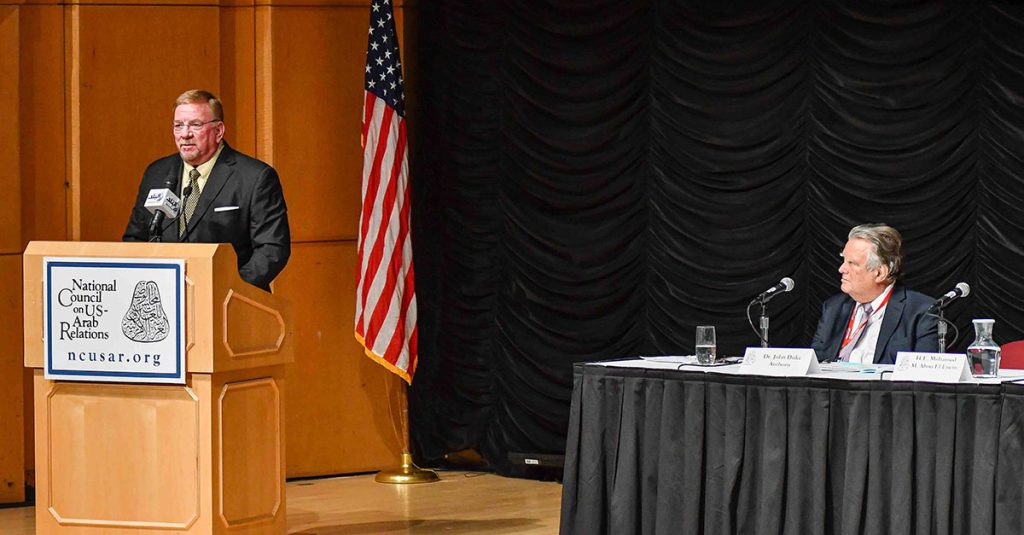
Mr. H. Delano Roosevelt (at podium) and Dr. John Duke Anthony (seated at table) sharing the stage at the National Council on U.S.-Arab Relations’ 2022 Arab-U.S. Policymakers Conference.
Dr. Anthony, who was intimately involved in the selection process, said: “I am thrilled that my trusted colleague and dear friend will be taking up the mantle. The United States and America’s friends, allies, and strategic partners will be pleased with this announcement. One could not ask for a more qualified individual with whom to work in our quest to place the cultural and people-to-people components of the Arab-U.S. relationship on the firmest foundation possible.
“It is my firm belief that only through education, understanding, and cultural exchange can Americans and Arabs alike be more aware and appreciative of the mutually reciprocal ties that link us in myriad ways, which are the envy of the rest of the world. Going forward, education and exchange between our two peoples will continue to serve humanity and make our world a better place.”
The National Council will celebrate its 40th Anniversary at a gala to be held on November 16, 2023, at the Willard InterContinental Hotel in Washington. The evening program will include a silent auction, music and entertainment, keynote remarks, and the recognition of several outstanding leaders. In addition to commemorating four decades of Council programs, projects, events, and activities, the event will also celebrate Dr. Anthony’s legacy of academic scholarship and promoting dialogue. As it marks four decades of advancing mutual understanding, the Council looks forward to building on its work and charting a course ahead in pursuit of its educational mission.
About the National Council on U.S.-Arab Relations: Founded in 1983 and based in Washington, D.C., the National Council is an American non-profit, non-governmental, educational organization dedicated to improving American knowledge and understanding of the Arab region. Information about the Council’s programs, projects, publications, public affairs events, and outreach activities can be found at ncusar.org.

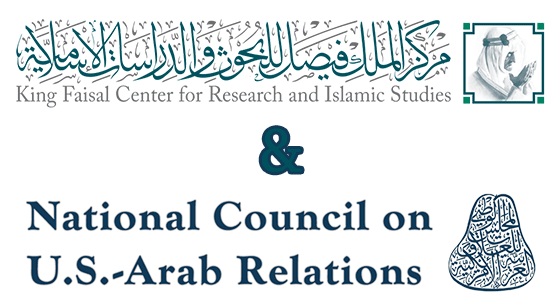
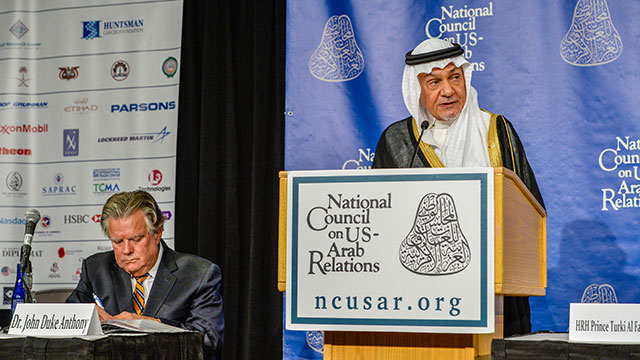
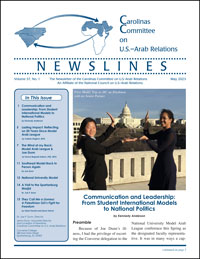
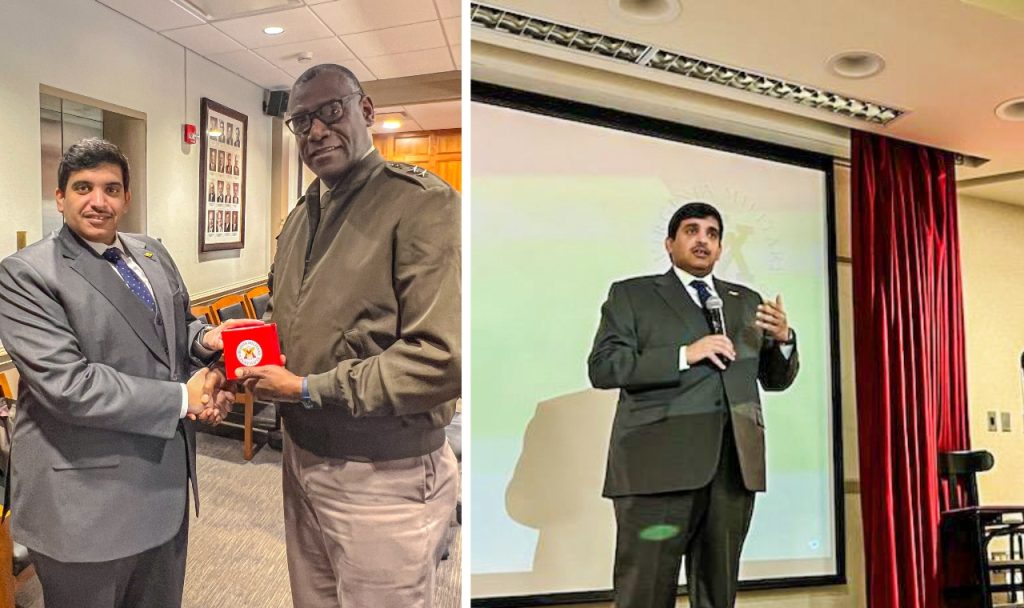
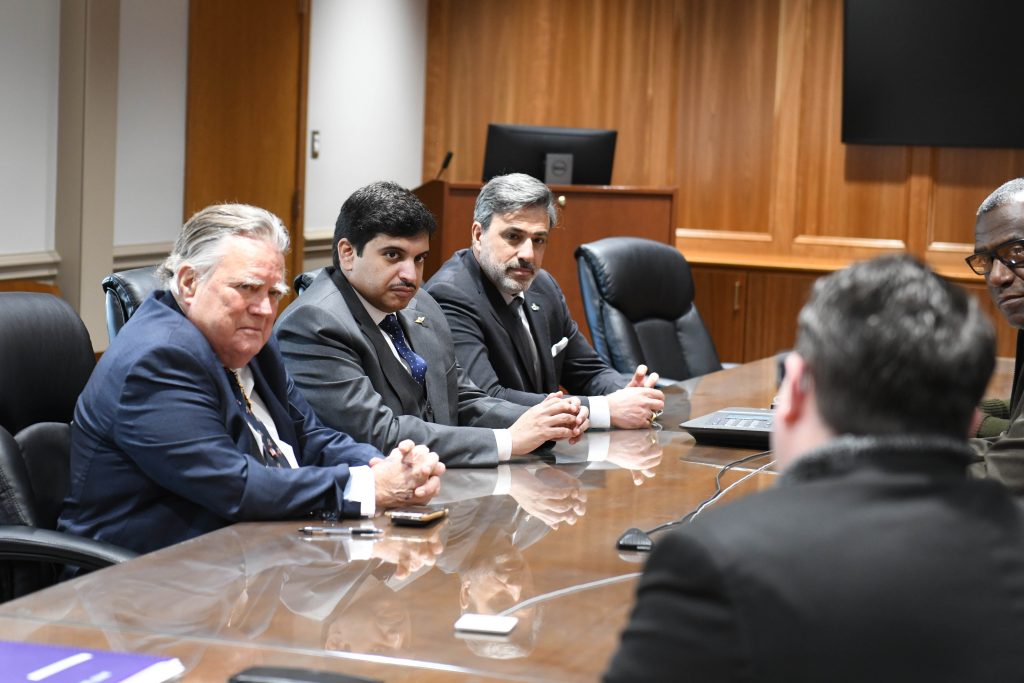
You must be logged in to post a comment.